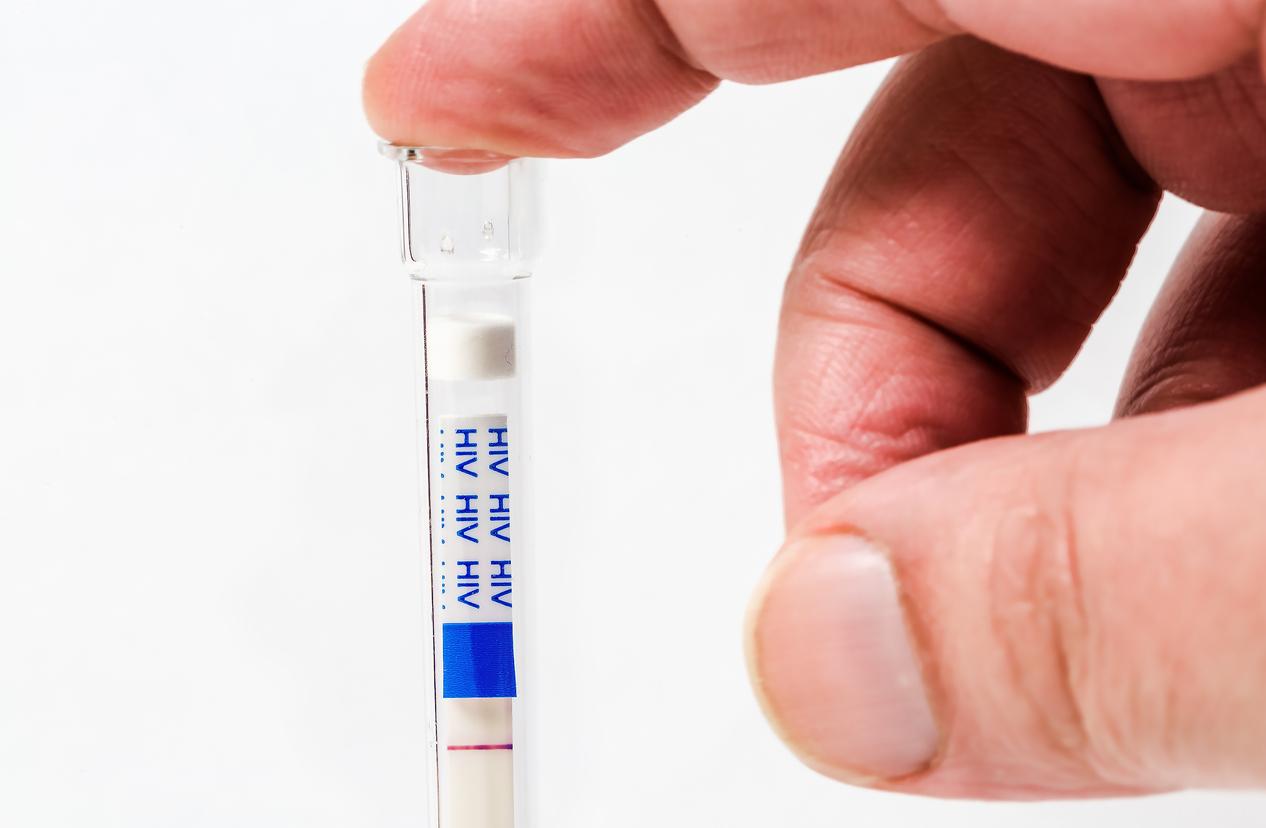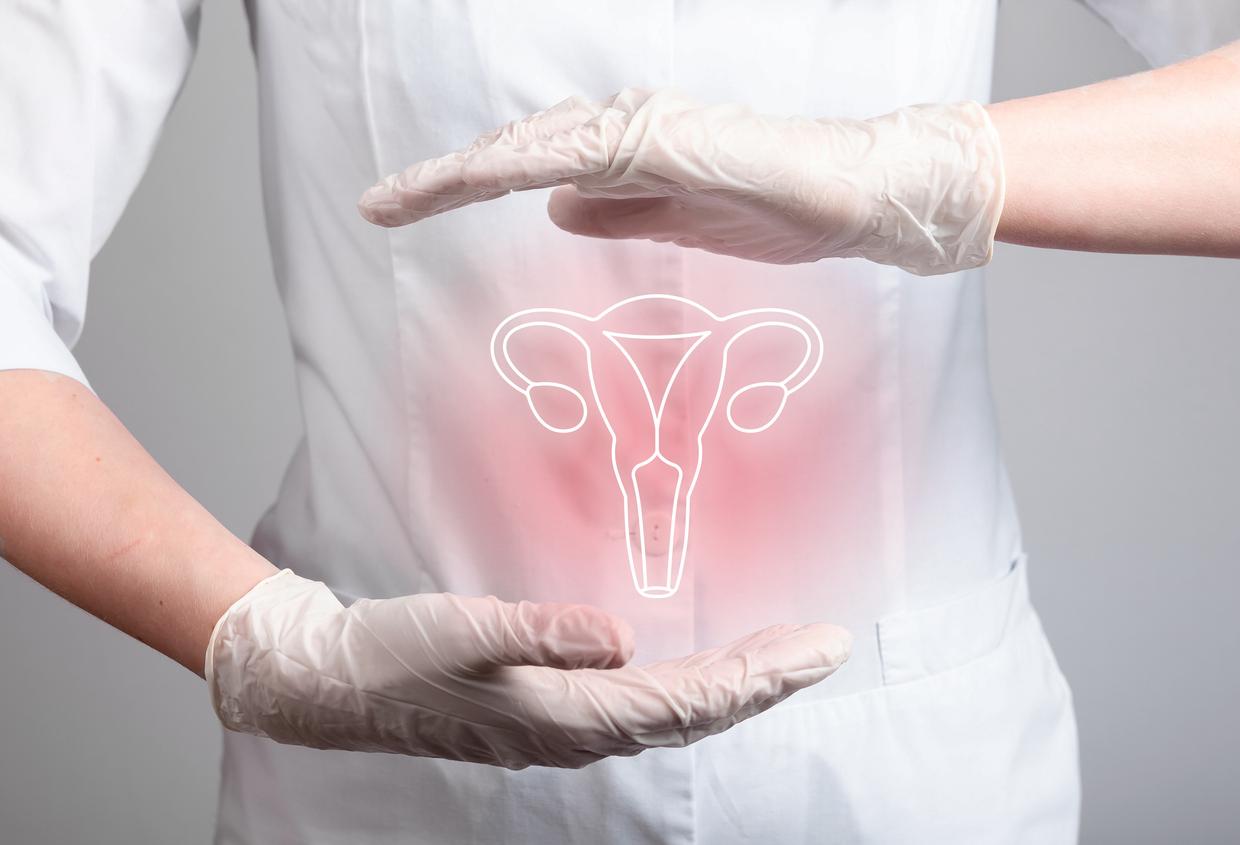One in two European countries say that stigma hinders HIV prevention among men who have sex with men.
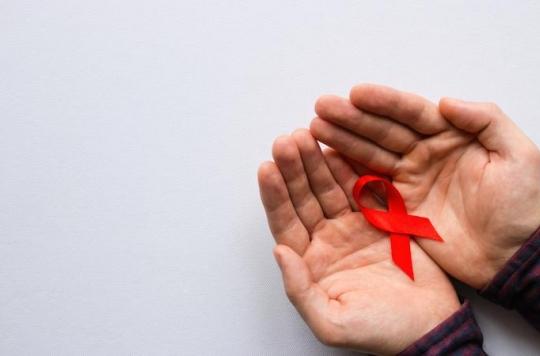
Misconceptions and stigma affect the health of men who have sex with men (MSM). In the fight against HIV more than in other areas. In a special report, the European Center for Disease Control and Prevention (ECDC) points to the delays in HIV prevention in the Old Continent.
The measures taken to target this population are still too rare. This oversight is all the more damaging as MSM represent the population most affected by HIV. On their own, they account for 42% of new diagnoses.
Infections on the rise
The math is simple. In all groups, the number of HIV infections is declining. With one notable exception, that of MSM. In 2006, 7,800 of them learned of their HIV status. In 2015, they were more than 9,000 to discover it.
The progress is undeniable, and makes these men a particularly vulnerable population. An appropriate approach to their needs is therefore necessary. But at present, Europe has not been able to deploy the appropriate means.
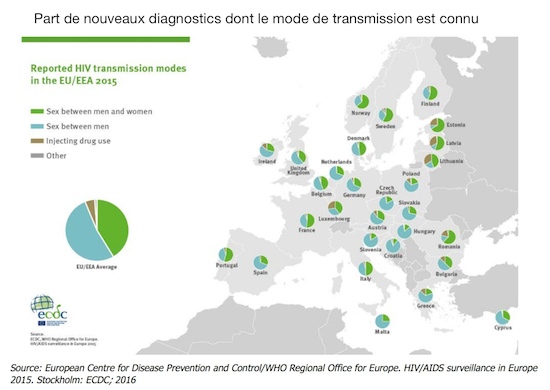
The ECDC calls, without hesitation, for stronger action in favor of screening and early diagnosis. It must be said that the situation is worrying. Even though they are most affected by HIV, MSM are diagnosed late. This is the case for 37% of them.
This delay is not without consequence. Early initiation of treatment limits the progression of the virus in the body and prevents new contamination.
Inappropriate prevention
The reasons for this finding are both structural and social. 33 countries responded to ECDC’s questions. In 20 of them, less than one in two MSM got tested in the previous 12 months. It is far too little. This is due to the lack of community services and funding, as well as the inadequate training of the professionals involved.
The men themselves do not go to the existing structures… for fear of the diagnosis first, but also of discrimination. Two fears that end up feeding themselves. Because in Europe, HIV-positive people are the object of glaring inequalities. Some also tend to underestimate the risk of infection.
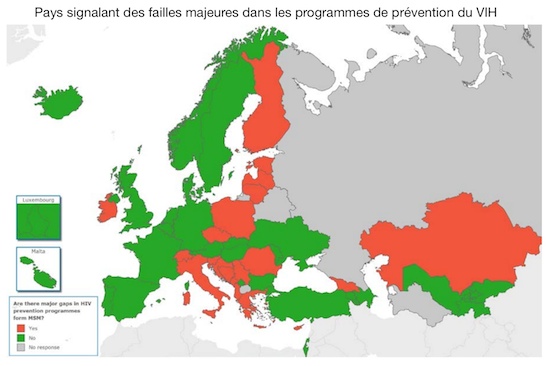
Solving this discomfort is not easy. The ECDC therefore suggests launching an active policy intended to seize the slightest opportunity to carry out screening, to talk about prevention, while targeting those most at risk.
But in fact, only 22 countries have made HIV prevention among MSM a priority. In concrete terms, fewer than 20 offer post-exposure prophylaxis and only two offer vulnerable populations pre-exposure prophylaxis (PrEP), which protects against the virus.
Data is lacking
To better prevent, you have to know your target. However, some countries have not even assessed the number of MSM in their population, underlines the ECDC. The organization therefore calls for more precise data on risky behavior. In France, for example, 61% of MSM have had at least one unprotected anal sex within 12 months, with a regular partner but of unknown HIV status.
Data on drug use around sexual intercourse is scarcer. Overall, the chem sex is less than 3%. But up to 21% of MSM practice it in some countries. Except that around thirty countries do not have data on this subject.
However, it is on the basis of these elements that the public authorities will be able to fight effectively against the inequalities and discrimination to which MSM are victims. Because in more than half of the countries of Europe and Central Asia, stigma and discrimination hamper prevention and screening.

.








